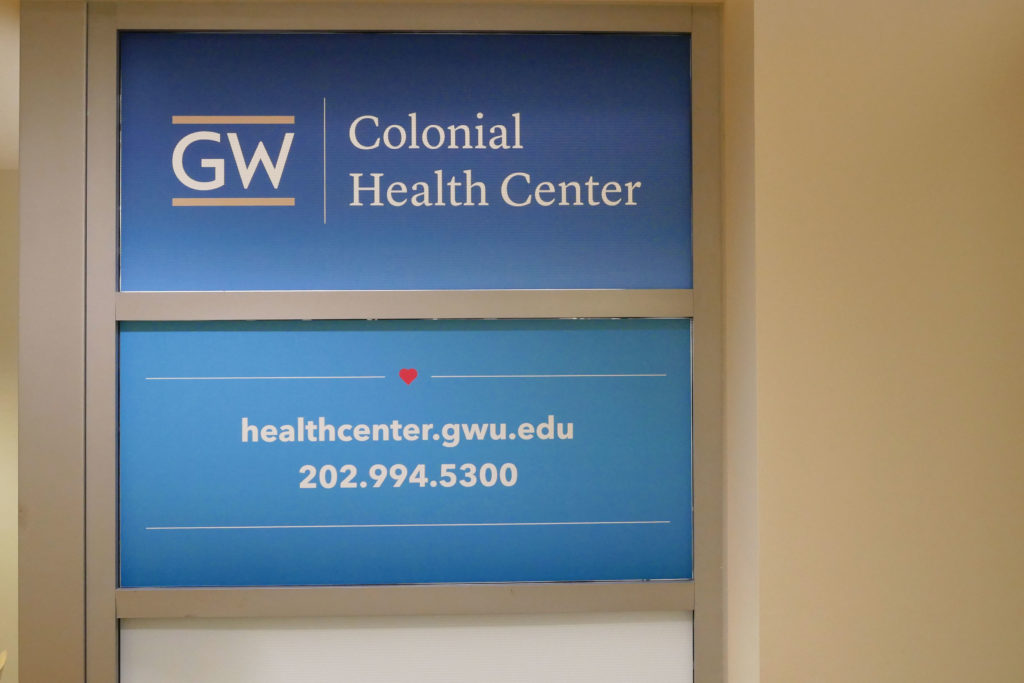As the uncertainty surrounding COVID-19 generates stress and anxiety, therapists and psychologists are sharing professional advice on how to maintain strong mental health.
Stress during an infectious disease outbreak can cause anxiety and depression, worsen chronic health conditions and induce changes in sleep and eating patterns, according to the Centers for Disease Control and Prevention website. Mental health professionals said students should try to maintain as much of their daily routine as they “safely” can and reach out to friends and family to curb loneliness as COVID-19 alters people’s lives.
“Taking care of yourself – your friends, and your family can help you cope with stress,” the CDC website states. “Helping others cope with their stress can also make your community stronger.”
Kristene Kaim, a Seattle-area therapist who specializes in anxiety treatment, said the pandemic highlights the presence of underlying mental health problems like anxiety and depression that many people may not have known they had. She said the public can take measures like eating nutritious food, regularly exercising and picking up a new hobby to alleviate stress resulting from the pandemic.
A 2015 study published in The Lancet Psychiatry found that a nutritious diet is a “central determinant” of quality mental health.
“If possible, definitely pay really close attention to what vitamins and minerals you’re putting into your body,” Kaim said. “This is the time to actually increase that as opposed to decrease.”
She added that people should try to stick to their normal activities as much as possible because routine provides familiarity amid widespread fear over the pandemic.
“The routine actually establishes a type of comfort in the way of knowing at least what your schedule might be in the midst of this pandemic, where no one knows what’s going to happen,” Kaim said.
Kaim said people with pre-existing mental health conditions should try to continue seeing a therapist over a virtual medium for treatment if possible.
After initially freezing appointments scheduled through April 5 earlier this month, CHC staff canceled all ongoing counseling appointments last week. The center will remain open for crisis and emergency walk-in mental health consultations during business hours.
Students seeking ongoing counseling appointments can call the center for a brief consultation about off-campus therapy and treatment options, but D.C. licensing laws prohibit health services staff from providing counseling services over the phone.
Patricia Thornton, a New York City-area therapist who specializes in obsessive-compulsive disorder treatment, said “confusing” messaging from President Donald Trump’s administration has heightened public uncertainty about the pandemic, which results in anxiety and the spread of misinformation.
Trump has previously stated that a COVID-19 vaccine would be available “relatively soon,” but public health officials say that the vaccine development process would take approximately 12 to 18 months.
“There’s uncertainty because you can’t see the virus,” Thornton said. “You don’t know its habits. You don’t know if you can pass it on to someone else. You don’t know if you’re going to get sick yourself, and you don’t know if you do get sick if you’re going to die. All of this uncertainty makes people anxious.”
Thorton said some of her patients who are college students are now faced with the “difficult” decision of whether to quarantine on campus or an alternate location instead of going home and risking spreading COVID-19. She said students should not revisit their decision to avoid inducing anxiety and instead develop a plan with family members on how they will live together and what to do if someone falls ill.
“If you’ve already made the decision, you’re back home, there will be a tendency if you have an anxiety disorder or depression, to revisit that decision and keep saying, ‘Did I do the right thing, did I do the right thing, did I do the right thing?’ and you don’t know,” Thornton said. “Don’t ruminate.”
Administrators closed all residence halls for the remainder of the semester earlier this month, and officials hired a moving company to pack students’ belongings over the next couple of months.
Thornton added that social distancing protocols can be isolating and mentally “debilitating,” especially for elderly individuals and people who live alone and now have limited social interaction. She said donating money to pandemic relief efforts and volunteering to deliver groceries to vulnerable populations allows people to regain a sense of purpose.
“When you’re isolated, and you’re just sort of hunkered down and you don’t feel like you’re doing anything, it’s kind of a negative – you’re just isolating or removing,” Thornton said. “But if you feel like you have some agency, that you’re doing something – that could help people.”
Psychologist Harriet Lerner, who practices in Lawrence, Kansas and is currently consulting with patients over the phone, said people should make a conscious effort to reach out to friends and family through virtual platforms during the pandemic. She said taking time to have conversations about each other’s experiences with anxiety can relieve stress during the pandemic.
Prolonged social isolation can exacerbate and trigger mental health conditions like depression and post-traumatic stress symptoms, according to a study published earlier this month in The Lancet, a peer-reviewed medical journal.
“We also need to connect with people who will tell us an honest story and let you know that you’re not alone during those times when you become terrified – they’re scared too,” Lerner said.
Lerner added that people should keep up to date with official instructions about dealing with COVID-19 through news sources they trust but should also take breaks from watching news coverage about the virus to avoid inducing anxiety.
“It’s still our responsibility to figure out what is our most valued source of information and to follow up to date instructions to the letter and also to take a news break when we need to,” she said.





